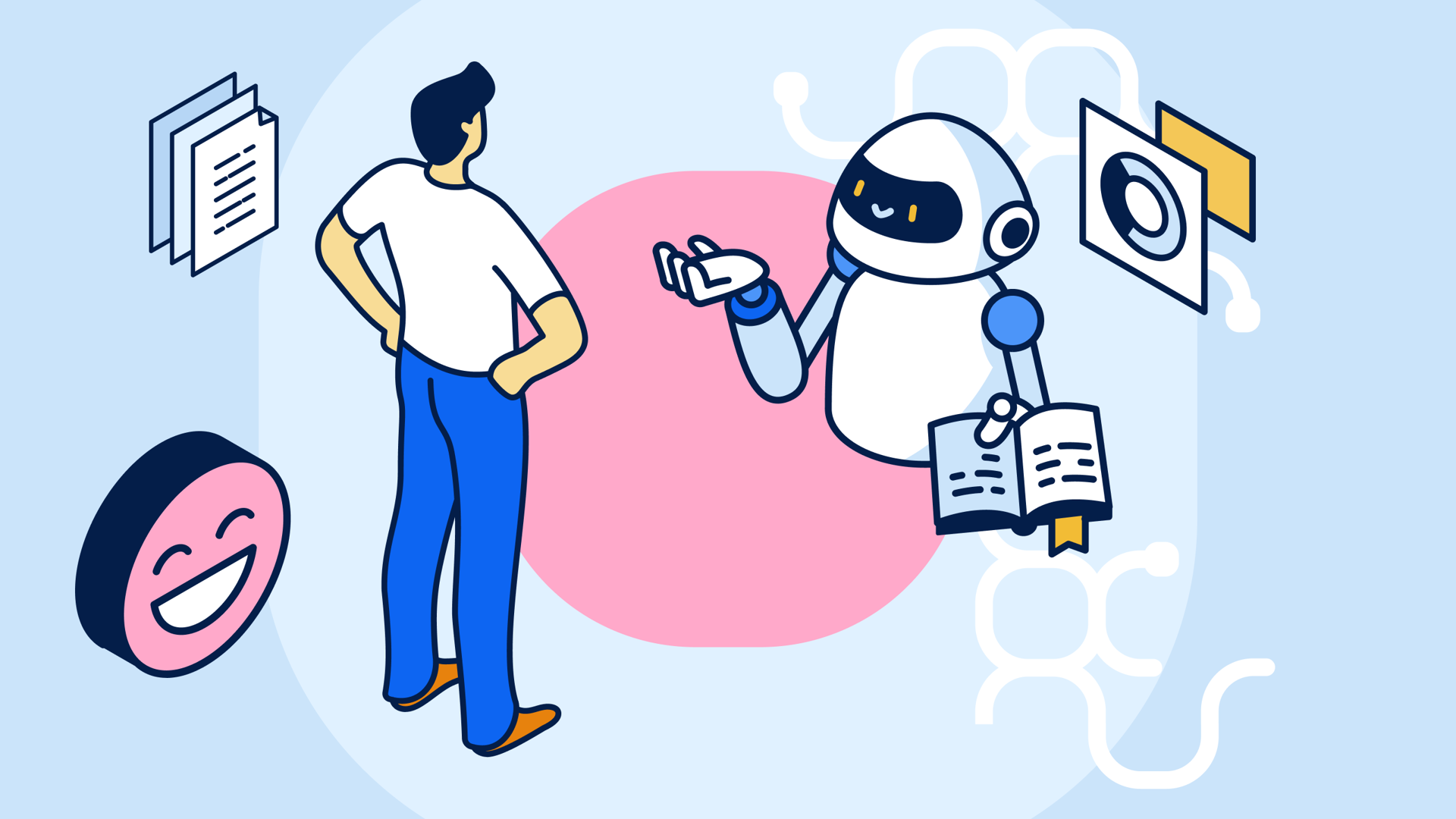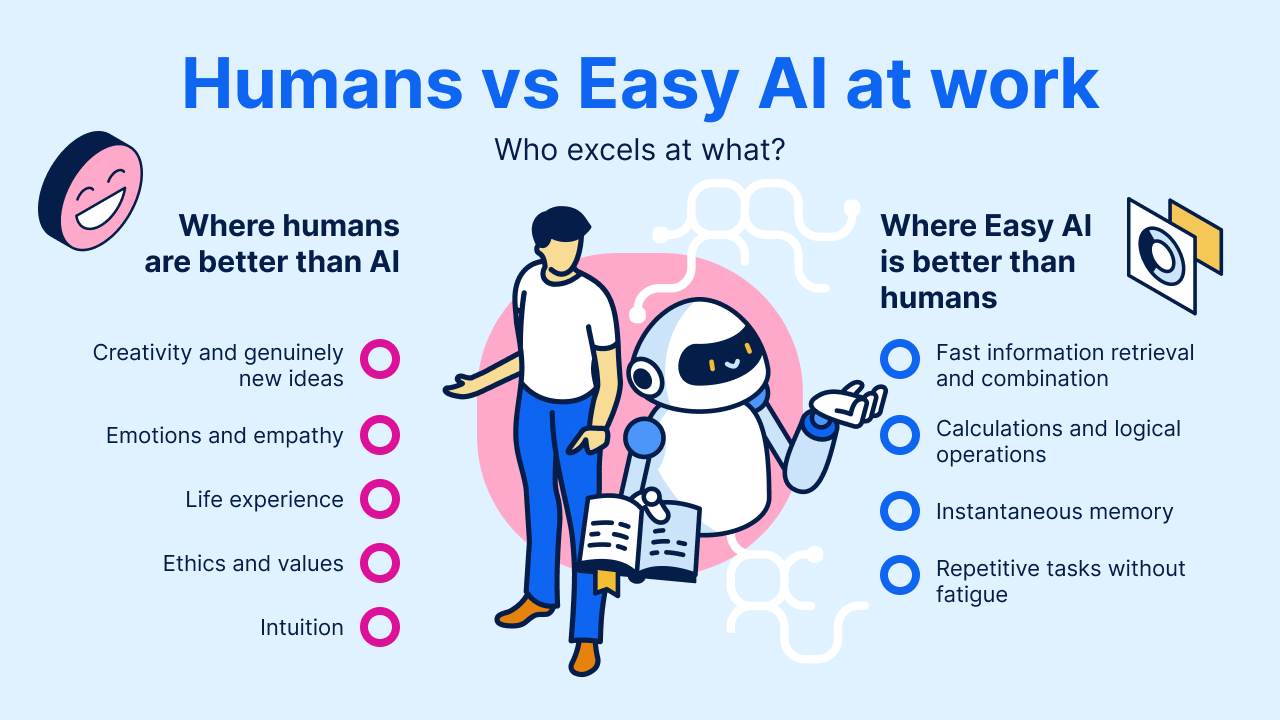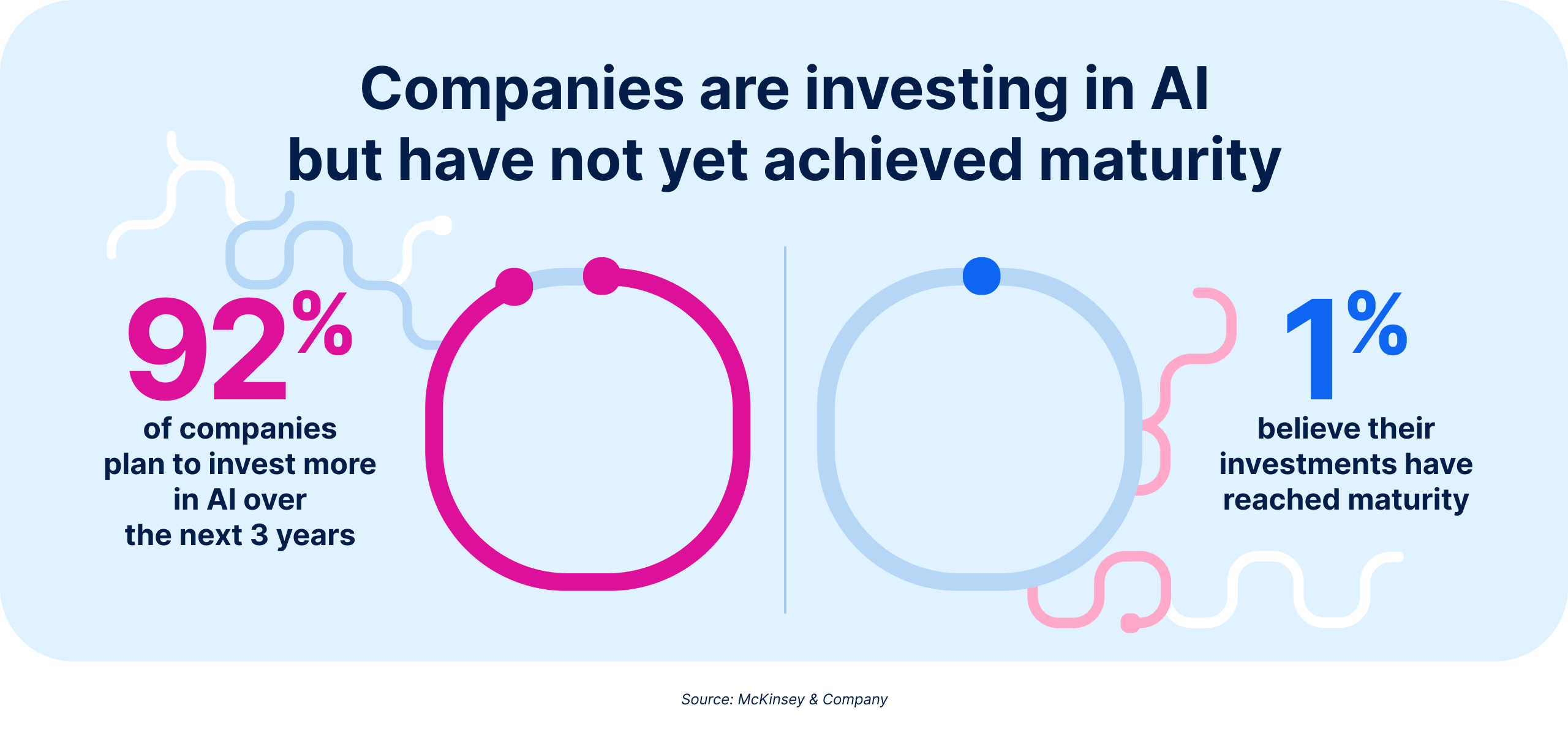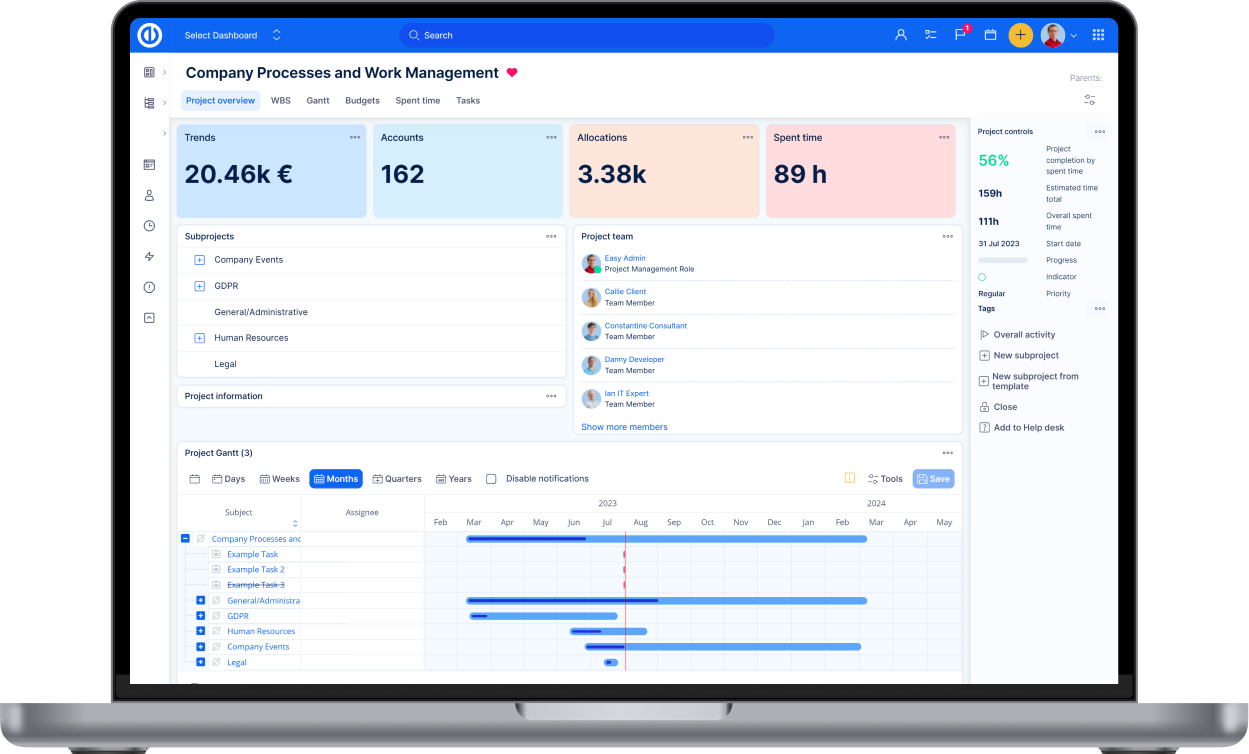When humans lead and AI helps: Partnership, not rivalry
AI isn’t here to compete — it’s here to collaborate. When humans focus on their natural talents, empathy, and decision-making, and AI handles the repetitive grind, you get the best of both worlds.

Table of contents
Why AI isn’t replacing human thinking
Humans = experience, empathy, and values
Easy AI: Speed, memory, and tireless repetition
AI adoption and reality
Working together: The best of both worlds
TL;DR
AI handles the routine, humans bring the judgement — together they form a powerful partnership for smarter, more human-centric work.
Why AI isn’t replacing human thinking
When a friend recently told me she feared that AI might one day replace people at work, I asked an AI directly: “Are you smarter than a human? Tell me honestly.”
Its reply was simple: “That depends what you mean by smarter.”
And that’s the essence of the debate. Humans and AI are not in a competition for intelligence. AI is faster and more consistent in certain types of tasks, but people bring human touch, common sense, empathy, and judgment to the table.
Humans = experience, empathy, and values
People excel where machines cannot follow. We invent what has never existed, we feel empathy and care, and we make decisions shaped based on values and experience. And we all know very well that intuition often guides us when logic alone is not enough.
As McKinsey has put it: “As machines get better at being machines, humans have to get better at being more human… So human empathy, soft skills, et cetera, will all become more important for employment.”
In other words, the real value doesn’t come from rivalry, but from partnership — when AI takes care of the repetitive and data-heavy work, and humans focus on the qualities that only they can offer.
Easy AI: Speed, memory, and tireless repetition
Easy AI, on the other hand, thrives in areas that overwhelm humans. It retrieves and combines information in seconds, craft ticket answer flawlessly, and never tires of repetition. To be concrete:
- HelpDesk Assistant: A support agent once needed 15 minutes to research and write a ticket response. With AI-generated drafts, it’s down to 3 minutes — but it’s still the human who decides how to phrase the empathetic close.
- AI Project Planner: What used to be three days of workshop prep can now be turned into a full WBS and Gantt chart in under an hour. Yet it’s still the project manager who weighs trade-offs and team well-being.
- Knowledge Assistant: Instead of digging through Confluence, AI surfaces the right policy in two seconds — but it’s the human who explains it with nuance to a client.
This is where collaboration becomes powerful: AI drafts, summarises, and suggests. Humans refine, empathise, and decide.

AI adoption and reality
Not every organization is at the same stage of AI adoption. Many teams begin with stand-alone tools like ChatGPT or Copilot — helpful, but disconnected from company workflows. More advanced organizations integrate AI into their core systems, while the leaders are already experimenting with automated workflows and digital agents. All with the aim to support teams in their daily work.
The opportunities are significant, but so are the concerns. A Deloitte survey found that 55% of companies have avoided certain AI use cases because of data quality, privacy, or compliance risks.
At the same time, McKinsey estimates that generative AI could unlock $2.6 to $4.4 trillion in annual value, with the greatest impact in areas such as marketing, sales, product and service development, customer operations, software engineering, and IT.
Despite this potential, maturity remains low. According to McKinsey, only 1% of organizations classify themselves as truly AI-mature, having scaled their initiatives across the business. In other words: the value is real, but adoption must be careful, responsible, and aligned with strategy.

Working together: The best of both worlds
AI is not a rival. It doesn’t replace people — it removes routine, so people can focus on meaningful work. Creative problem-solving, leadership, and empathy remain ours. Speed, scale, and consistency belong to AI. Together, they create a partnership where both sides do what they do best.
Research from McKinsey suggests that AI could take over up to 70% of the time spent on certain repetitive tasks, freeing people to focus on higher-value work.
Grow your people. Let AI agents do the rest! Ready to get started? Try Easy AI or contact our sales team to find the right solution for your AI adoption stage.
